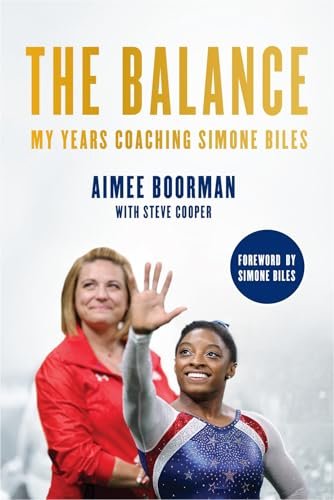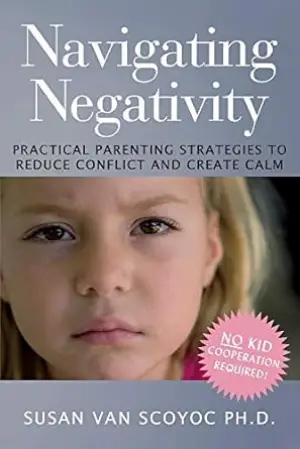Book Review: The Balance: My Years Coaching Simone Biles
As a lifelong fan of sports memoirs, I was particularly intrigued by "The Balance: My Years Coaching Simone Biles" by Aimee Boorman. While we often hear from the athletes who grace the spotlight, the voices of the coaches who guide them through their triumphs and trials can sometimes go unheard. I was eager to dive into Boorman’s world, especially knowing she shaped the unparalleled career of one of the greatest gymnasts of all time. However, given the recent controversies surrounding gymnastics in the U.S., I approached the book with a blend of curiosity and caution.
Boorman’s narrative starts with a deeply personal reflection on her own journey in gymnastics, informing her coaching philosophy and the pivotal role of mental health. One theme that resonated with me was Boorman’s commitment to nurturing athletes not just physically, but emotionally. This dedication becomes especially poignant when she addresses her experiences with past coaches, drawing a stark contrast between her approach and that of figures like Martha Karolyi, whose more authoritarian style has drawn significant criticism. “I often told Simone to ignore Martha,” she writes, highlighting a central tenet of her coaching: the needs of her athlete come first.
Throughout the book, Boorman intertwines anecdotes of Biles’ development with reflections on her broader frustrations with the gymnastics landscape. While these insights are sometimes daunting, they elevate “The Balance” beyond a typical memoir and into something a bit more complex. It becomes a story of not just triumphs but also cultural reckonings within a sport that has seen its share of shadows. Boorman’s desire for transparency and a genuine disconnect from past abuses is obviously sincere, but I found myself wishing for more moments of lightness to balance the heaviness of the topic.
As for the writing style, it occasionally felt uneven, the pacing at times sagging under the weight of reflective musings rather than vivid moments from Biles’ journey. Yet, it’s clear that Boorman brings a coach’s perspective that many sport-related memoirs lack. The book comes alive in slices, such as when she describes the intricacies of submitting inquiries during competitions—a fascinating peek behind the curtain of elite gymnastics’ financial disparities. Quotes like, “This was the first time I had stood up to Martha,” echo the spirit of defiance that defines both Boorman and Biles, making readers feel the tension of those pivotal moments.
For readers who are gymnastics aficionados or simply fans of inspiring coaching stories, "The Balance" offers a rich perspective that is both timely and significant. While I didn’t find myself swept away by the prose as much as I hoped, the thoughts shared within these pages certainly sparked my interest, making me ponder the delicate balance of support, encouragement, and accountability in sports.
In concluding my reading experience, I came away with an appreciation for the unique insights Boorman brings to the conversation around gymnastics today. Though the narrative could benefit from a tighter focus, its heart shines through in the lessons on courage, resilience, and the unwavering bond between coach and athlete. If you’re curious about the inner workings of elite gymnastics or simply want to understand the woman behind Simone Biles, I wholeheartedly recommend picking up this book.
Discover more about The Balance: My Years Coaching Simone Biles on GoodReads >>







